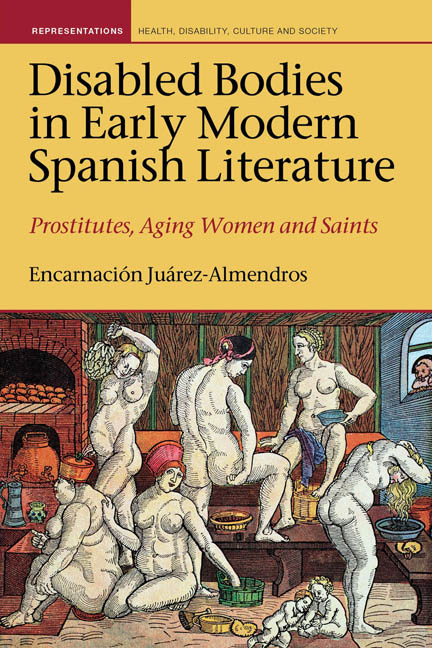
-
- This book is no longer available to purchase from Cambridge Core
- Publisher:
- Liverpool University Press
- Online publication date:
- July 2019
- Print publication year:
- 2017
- Online ISBN:
- 9781786948441
- Subjects:
- Literature, English Literature: General Interest

